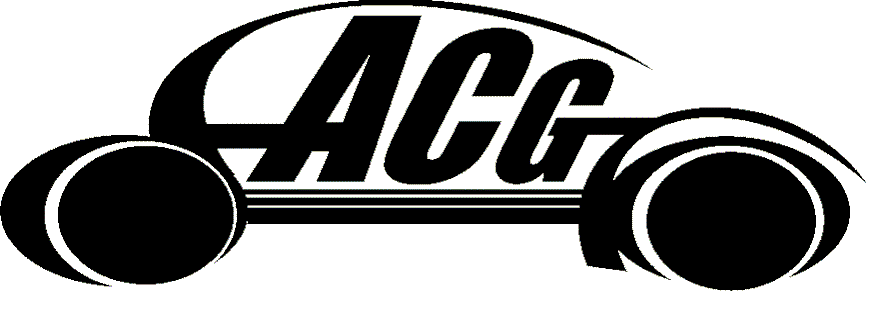Simply speaking, benchmarking is an analytical tool used to measure and compare business operations, functions or processes against best-in-class performers. Benchmarking in itself does not result in improvement. Instead, it identifies shortcomings, or inefficiencies, in the product, process, system, or organization. The real challenge and opportunity is to leverage the knowledge obtained from the benchmark into competitive advantage.
Many companies are only interested in copying what works for others and adopting similar systems or processes in a follow-the-leader mentality. More often than not, this approach will lead to disappointment since it does not take into account individual circumstances. For example, Toyota likely could not have emerged as the best-in-class vehicle manufacturer by merely copying the conventional business practices of the industry leaders for several reasons. First, if Toyota had merely adopted traditional manufacturing techniques and controls, it would not have been able to become the industry's most efficient manufacturer; instead, it would have become "only as good as" other companies rather than the "benchmark" to which others strive to emulate. Second, if Toyota has adhered to traditional management principals and practices, numerous innovative concepts such as kanban, kozekeikaku, just-in-time, kaisan, process-flow, and other lean manufacturing concepts probably would not be employed today. Finally, if Toyota had emulated the best-in-class, it would have created a bloated engineering organization and designed the entire vehicle from within, rather than in cooperation with suppliers.
Toyota was able to identify best practices and to improve upon them by considering constraints that would limit their benefit within Toyota, given Toyota's particular situation. ACG's approach to benchmarking and implementation of best practices is similar to that of Toyota's.
Much like Toyota, ACG believes that knowledge is the basis for rational decision making. ACG promotes benchmarking as a knowledge management tool to identify best practices and to gain an understanding of how one's product, process, system, or organization compares to best-in-class. Using the knowledge gained from the benchmark, ACG works hand-in-hand with clients to eliminate gaps or inefficiencies that are identified as a result of the benchmark.
It is in the implementation stage where ACG differentiates itself most from other consulting organizations. ACG does not promote a one-formula-fits-all solution. Instead, ACG works with each client on an individual basis to insure the policies and procedures that are implemented fit the current framework of the client's culture, environment and organization. This custom approach delivers vastly improved performance, measured in terms of cost, quality and timing.
Representative Assignments
Over the past several years, ACG benchmarked over 200 automotive suppliers in product development, lean manufacturing, and business performance. With the most extensive database of automotive supplier activities in North America, ACG assists firms in evaluating their performance compared to the best practices established by best-in-class suppliers. Our systematic approach to business performance improvement links and supports interconnected activities in lean manufacturing, product development, asset management, and strategic planning. ACG works with all levels of management to orchestrate positive change and to gain buy-in from all. We provide hands-on support, guidance and coaching during implementation and we continue to support the client until the process is firmly in place. This robust approach delivers substantial savings and competitive advantage.
A major automotive manufacturer was concerned about their continued ability to develop and implement new technology in cooperation with leading suppliers. As a result, it asked ACG to benchmark the company against nine major competitors in four areas: developing technology; implementing technology; communicating needs, monitoring progress, and providing feedback; and establishing strong supplier relations. Over a three month period, ACG met with 152 executives from 53 supplier firms to identify which OEM had the best strategies and programs for effectively working with their suppliers. From this analysis, ACG developed a list of recommendations aimed at enhancing the client's relationship with their suppliers.
